Council Doggie Poop Bags: A Small Bag Making a Big Difference
In parks, footpaths, and public spaces across the country, one humble item plays a vital role in keeping our communities clean and safe—council-issued doggie poop bags. While they may seem like a small part of pet ownership, these bags are crucial tools for responsible dog owners and form an important part of local council waste management strategies.
Local councils provide free or low-cost doggie poop bags in dispensers near dog parks, walking trails, and recreational areas. Their primary purpose is to encourage dog owners to clean up after their pets, helping to reduce environmental pollution and improve public health. Dog waste left on the ground can carry harmful bacteria and parasites, including E. coli, salmonella, and roundworms, which pose risks to humans and other animals. In urban areas, dog waste can also wash into stormwater drains, polluting local waterways.
Supplying poop bags is a proactive way for councils to support compliance with local laws. In many jurisdictions, failing to pick up after a dog in public areas can result in hefty fines. By making bags readily available, councils remove the “I forgot a bag” excuse and increase the likelihood that pet owners will do the right thing.
Beyond hygiene and legal compliance, council doggie bags contribute to broader environmental goals. Many councils now use biodegradable or compostable bags, reducing the long-term impact of plastic waste on the environment. These eco-friendly alternatives break down much faster than traditional plastic bags, especially in landfill conditions. However, it’s important for dog owners to know the difference: biodegradable bags degrade with time and sunlight, while compostable bags require specific composting conditions and should not be placed in home compost bins unless marked safe for that use.
Community feedback often highlights the importance of having poop bag dispensers stocked and maintained. Councils rely on pet owners not just to use the bags, but to dispose of them properly in designated bins. Sadly, some people still litter or toss used bags into bushes or trees—defeating the purpose entirely. Increased awareness campaigns, signage, and community engagement have all helped to improve these behaviors in many areas.
It’s also worth noting that providing poop bags costs councils money—especially when bags are misused or taken in bulk. Some councils have introduced small fees for rolls of bags to offset costs and reduce waste. Others have trialed smart dispensers that limit how many bags are dispensed at once. These measures strike a balance between accessibility and responsibility.
Council doggie poop bags may be small, but their role in keeping public spaces clean, safe, and pleasant for everyone is significant. When dog owners use these bags properly and dispose of them responsibly, they help create a more livable and hygienic community. Whether it’s a stroll in the park or a walk around the block, bringing a bag—or using the one provided—shows that pet owners care not just for their pets, but for their neighborhoods too.

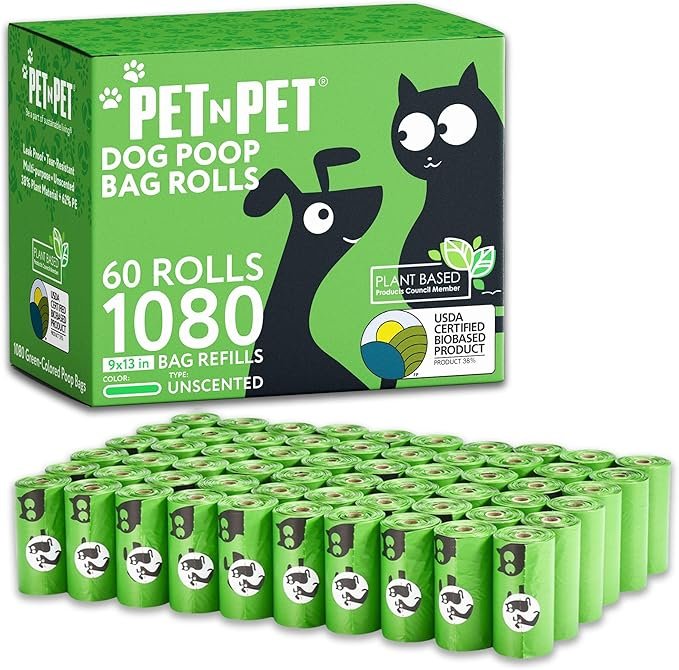
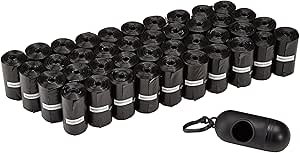

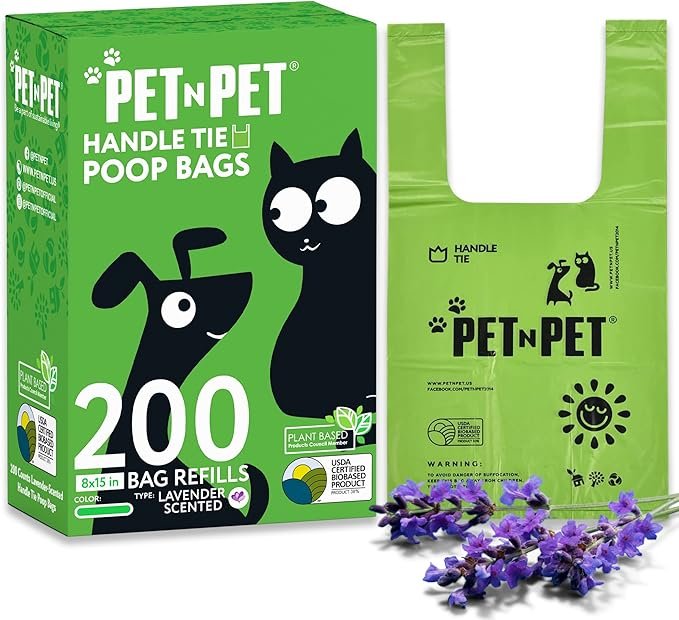
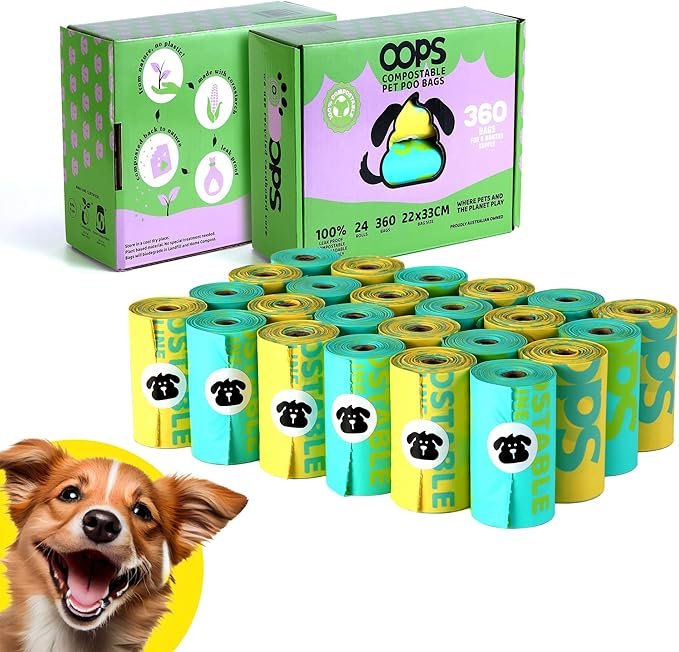
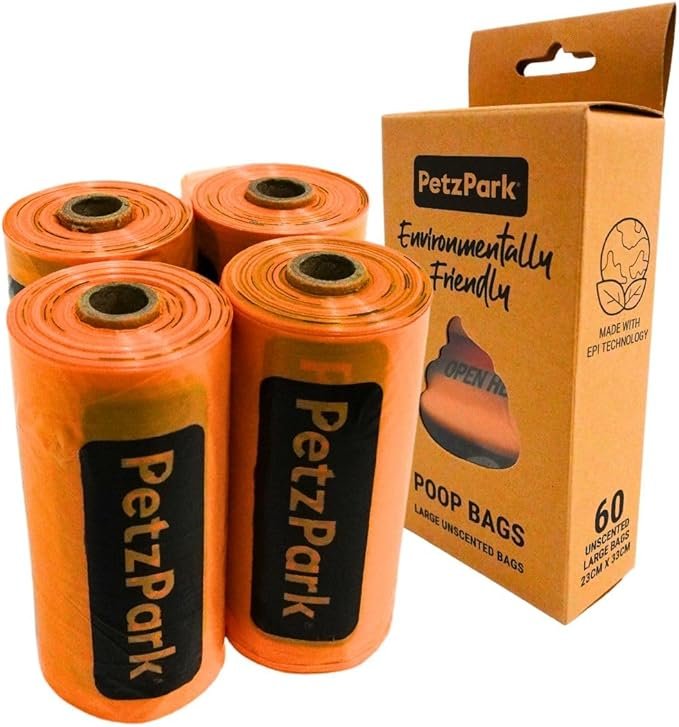
Leave a Reply
You must be logged in to post a comment.